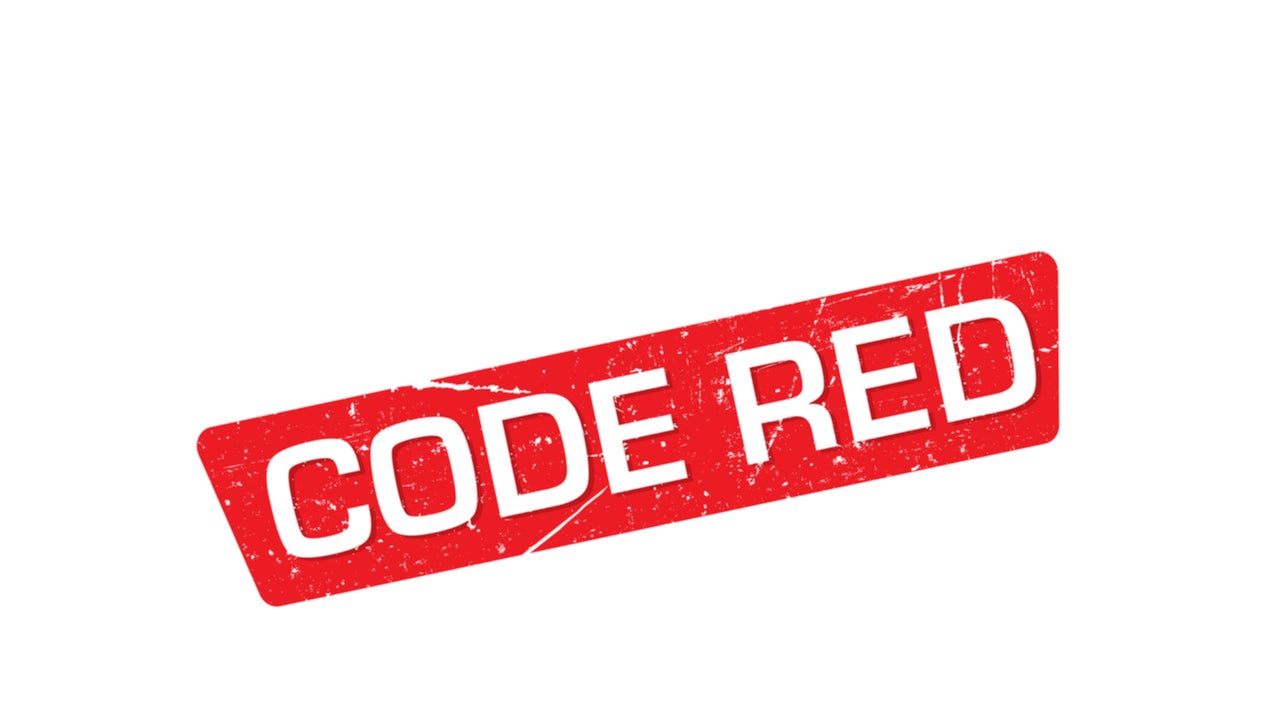The latest report from the Intergovernmental Panel on Climate Change, released 9 August 2021, drew considerable attention for findings that UN Secretary-General António Guterres described as a “code red for humanity.”
“The alarm bells are deafening, and the evidence is irrefutable,” Guterres said. “Greenhouse gas emissions from fossil fuel burning and deforestation are choking our planet and putting billions of people at immediate risk.”
The response was predictable. Nearly every commentator opined that something must be done. Few delved deeply into what that something might be. Some expressed hope for decisive action at COP26 (the 26th conference of the parties to the 2015 Paris Agreement) set for November in Glasgow.
We share that hope. But we feel little optimism that the Glasgow talks will deliver what is needed.
Goals but no guidance on climate change initiatives
The strength of the Paris Agreement is its plain conclusion that global warming must be limited to 2°C, preferably 1.5°C, above pre-industrial levels to avoid “catastrophic” climate impact. To do that, the global economy must reach net zero carbon emissions by 2050. But the treaty does not prescribe what countries must do to meet that goal.
Many hope that the parties at COP26 will agree on country-level goals for key targets such as the phase-out of coal, curtailment of deforestation, speeding up the switch to electric vehicles, and encouraging investment in renewable forms of energy.
But regulatory solutions to climate change suffer from two major weaknesses. One is that, inherently, they place responsibility on governments. Individuals and companies can say, “Don’t look at me – climate change isn’t my responsibility.”
Climate change denial
The other is the dynamic of opposition. Whatever is proposed, those affected work to deflect, minimize, or postpone its impact on them and their constituents. Strong proposals are warped, watered down, and delayed to the point where they don’t deliver the results envisioned or needed.
What if we could establish a different dynamic, one in which individuals and companies, motivated by self-interest, supported effective climate action?
GlobalData Climate Action Feedback Loop
This dynamic is beginning to take shape. We call it the GlobalData Climate Action Feedback Loop. Its foundation is the fact that climate change affects everyone, every stakeholder – customers, partners, suppliers, employees, communities, and more. All these stakeholders want the same thing – effective climate action – which can only be achieved by reaching net zero carbon.
Thousands of companies are realizing this and making significant net-zero commitments across their operations and supply chains. As they make progress, stakeholders will increasingly be able to choose net-zero companies to purchase from, work for, partner with, and so on. Net-zero companies will enjoy a competitive advantage, which will translate into superior results. Other companies will see these results and emulate the leaders’ practices – that is, set their own net-zero targets to get similar results themselves.
It can’t be this simple, you say. What about greenwashing, the widespread practice of making false environmental claims? Yes, it’s a massive problem. But leading climate programs such as the Science-Based Targets initiative (SBTi) and The Climate Pledge require annual public disclosure. Stakeholders can use these reports to evaluate which companies are keeping their promises and which are not.
Net-zero expertise is on the increase
But aren’t net-zero claims too complex for most people to judge their validity? This, too, is a challenge. But major auditing firms are building net-zero expertise, and more companies are seeking such audits to prove they are delivering on their net-zero commitments.
Can the Climate Action Feedback Loop work well enough, fast enough, to ward off the “catastrophic” effects the climate scientists warn of? Hard to say, especially when climate disruption appears to be occurring faster than envisioned when the 2050 target was established.
The safest course is an “all of the above” approach. We should push for maximum results at COP26, but we shouldn’t expect too much from a process that will, almost inevitably, become bogged down in opposition and delay. Instead, we should harness self-interest and the fact that, on climate, all stakeholders want the same thing. Companies that take effective action will be rewarded, and others will emulate them.








